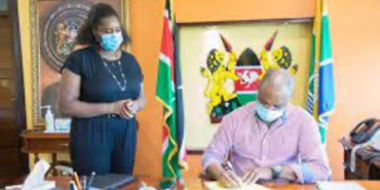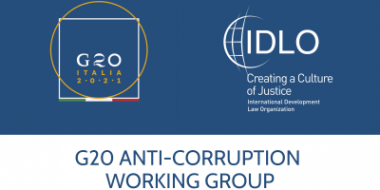IDLO, the Philippines Ombudsman celebrate 30 years of justice and integrity
The Philippines’ Office of the Ombudsman commemorated its 30 years of existence during a Joint Forum with IDLO in Manila on May 8, 2018. The Forum occurred as IDLO celebrates its 30th anniversary as an intergovernmental organization this year, marking a mutually significant occasion for both institutions.











